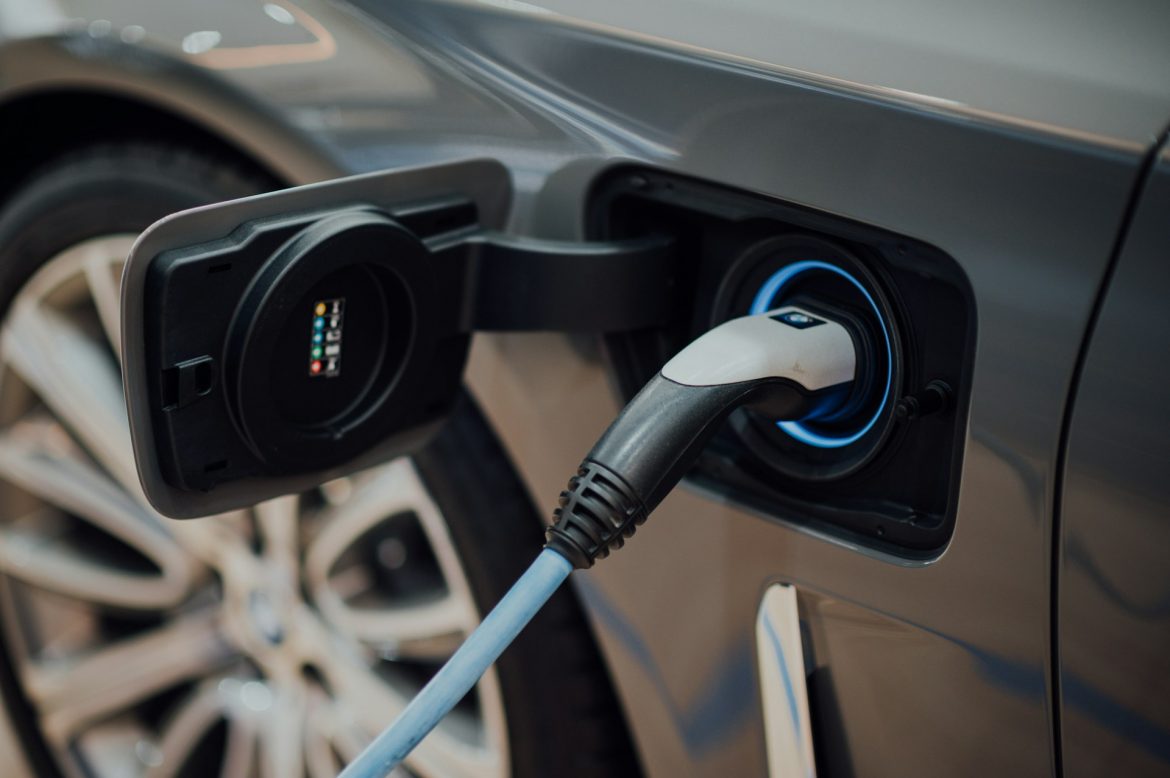In the ever-evolving world of automobiles, the shift towards sustainability and innovation has brought electric vehicles (EVs) to the forefront of the industry. As the world becomes increasingly conscious of environmental impacts and the finite nature of fossil fuels, electric cars have emerged as a beacon of hope for a cleaner, more sustainable future in transportation. This blog explores the evolution, benefits, and future prospects of electric cars, highlighting key players in the industry such as Tesla, Nissan, and Chevrolet.
The Evolution of Electric Cars
Electric cars are not a new concept; in fact, they date back to the 19th century. However, it wasn’t until the 21st century that they began to gain significant traction, thanks to advancements in battery technology and a growing awareness of environmental issues. Companies like Tesla have been instrumental in this shift, with their introduction of the Tesla Roadster in 2008, followed by the Model S, which became the best-selling electric car worldwide in 2015 and 2016. Nissan’s Leaf and Chevrolet’s Volt are also notable mentions, each contributing to the mainstream acceptance of electric vehicles.
Environmental Benefits
One of the primary advantages of electric cars is their contribution to reducing greenhouse gas emissions. Unlike traditional gasoline-powered vehicles, EVs produce zero tailpipe emissions, significantly reducing air pollution. This is particularly beneficial in urban areas, where air quality can be a major concern. Furthermore, electric cars are more energy-efficient, converting over 60% of the electrical energy from the grid to power at the wheels, compared to the 20-30% efficiency of conventional cars.
Economic Advantages
Electric cars offer several economic benefits, both for individual consumers and the economy at large. For starters, electric vehicles have fewer moving parts, which means lower maintenance costs. The cost of electricity to power an EV is also significantly lower than the cost of gasoline, offering savings on fuel over the life of the vehicle. Additionally, many governments around the world offer tax incentives and rebates for electric car buyers, further enhancing their economic appeal.
Technological Innovations
The rise of electric cars has spurred a wave of technological innovation in the automobile industry. Battery technology, in particular, has seen rapid advancements, with companies like Tesla and Panasonic leading the charge in developing more efficient and longer-lasting batteries. This has resulted in electric cars with longer ranges, reducing “range anxiety” among potential buyers. Furthermore, the integration of smart technology and connectivity features in electric vehicles is enhancing the driving experience, making them not only more sustainable but also more enjoyable to drive.
Challenges and Future Prospects
Despite the many benefits, the widespread adoption of electric cars faces several challenges. The lack of charging infrastructure in many areas can be a deterrent for potential buyers, although this is rapidly changing with investments from governments and private companies in charging networks. Another challenge is the initial cost of electric vehicles, which can be higher than their gasoline counterparts. However, as technology advances and production scales, these costs are expected to decrease, making electric cars more accessible to a broader audience.
The future of electric cars looks promising, with many automobile manufacturers committing to electrifying their vehicle lineups. Luxury brands like Porsche with their Taycan, and Jaguar with the I-PACE, are entering the EV market, signaling a shift towards electric powertrains across all segments of the automobile industry. Furthermore, innovations such as solid-state batteries and wireless charging are on the horizon, promising to address current limitations and propel electric vehicles to new heights.
Conclusion
Electric cars represent a significant shift in the automobile industry, offering a cleaner, more sustainable, and technologically advanced alternative to traditional vehicles. With ongoing advancements in technology and increasing environmental awareness, the future of transportation is electric. Brands like Tesla, Nissan, and Chevrolet have led the way, but as the market grows, more players are entering the scene, each contributing to the evolution of the electric vehicle. As we move towards a greener future, the role of electric cars in shaping our transportation systems cannot be overstated.

